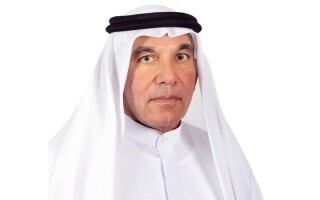
Soon, a high-speed train project will be launched between Dubai and Abu Dhabi, which, according to predictions, will have a huge positive impact on the economy of the United Arab Emirates. This project will also serve as a significant impetus for development in the real estate sector, particularly before the launch of other external train routes. Over time, it will provide a new impetus for real estate development over the next decades.
The high-speed train project, connecting the capital Abu Dhabi with Dubai, was announced at an official ceremony organized by the company "Emirates Steel Railways" in the Al-Fayaya station on January 23, 2025.
"Bayut," a leading real estate portal in the UAE, highlighted the characteristics and economic implications of this project, as well as its positive reflections on real estate, providing an additional impetus to a market that currently records unprecedented levels of sales and deals. The project will also showcase the achievement of a 70% growth trajectory in real estate market value in Dubai to 3 trillion dirhams, aligning with ambitious goals set out in Dubai's economic agenda D33.
The company "Emirates Steel Railways" takes on the task of developing and operating this leading project in addition to its achievements in the development of the steel sector in the country, ensuring a high level of efficiency, quality, and reliability. The train will allow residents and visitors to easily move between Abu Dhabi and Dubai in less than 30 minutes, at speeds up to 350 kilometers per hour, passing through strategic and tourist attractions.
The high-speed train project will contribute additional value to the gross national product of the United Arab Emirates, amounting to 145 billion dirhams over the next five decades, and will also bring significant positive effects across economic, tourism, social, and real estate sectors, strengthening the country’s position on the map of prospective countries in the field of sustainable and modern transport along the railway.
According to Wiba Ahmed, deputy director of real estate sales at "Bayut": "The high-speed train brings significant changes to the real estate market in the UAE. As Dubai Metro has increased the importance of areas along its route and positively influenced property prices, triggering its visible development. I expect the same effect for areas along the 'Emirates Train' route, including ports, industrial zones, historical centers, and business districts across all seven Emirates, with its overall network facilitating access and convenience of relocating to different areas, which will lead to increased demand for real estate in their vicinity."














